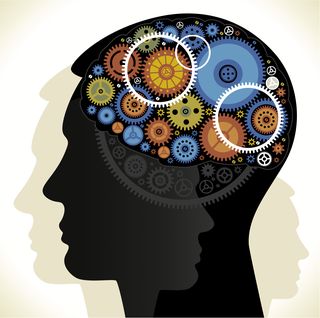Ours is a society that generally respects and believes its scientists. Science is one of the fundamental reasons why we enjoy our admirable standard of living and have a growing understanding of the world around us. But not all scientists are revered equally. British astronomer and philosopher John D. Barrow opened his 1998 book, Impossibility: The Limits of Science and the Science of Limits, with this observation on the value of science and its practitioners: Bookshelves are stuffed with volumes that expound the successes of the mind and the silicon chip. We expect science to tell us what can be done and what is to be done. Governments look to scientists to improve the quality of life and safeguard us from earlier “improvements.” Futurologists see no limit to human inquiry, while social scientists see no end to the raft of problems it spawns. (p. 1) The physical scientists and engineers […]
Attitude and Behaviour
Differentiate between attitude and behaviour. How do the characteristics of Source, message and audience affect the attitude making? Attitudes and Behaviour: Social scientists have debated the relationships between attitudes and behaviour –attitude as predictor of behaviour. Two studies of Richard Lapiere and Kutner et al indicated a lack of correspondence between actual behaviour and the behaviour th; respondents verbally indicated that they would take. A careful review of the research from 1930 to 1969 led to the conclusion that attitude accounts for about to percent I variability in behaviour. Warner and DeFleur have noted that the debate has resulted i three distinct views. The first is the postulate of consistency. It is based on the assumption that attitude can be used as reasonably valid guides for prediction of the behaviour. The second is the postulate of independent variation. It claims that there is no valid reason to assume that […]
